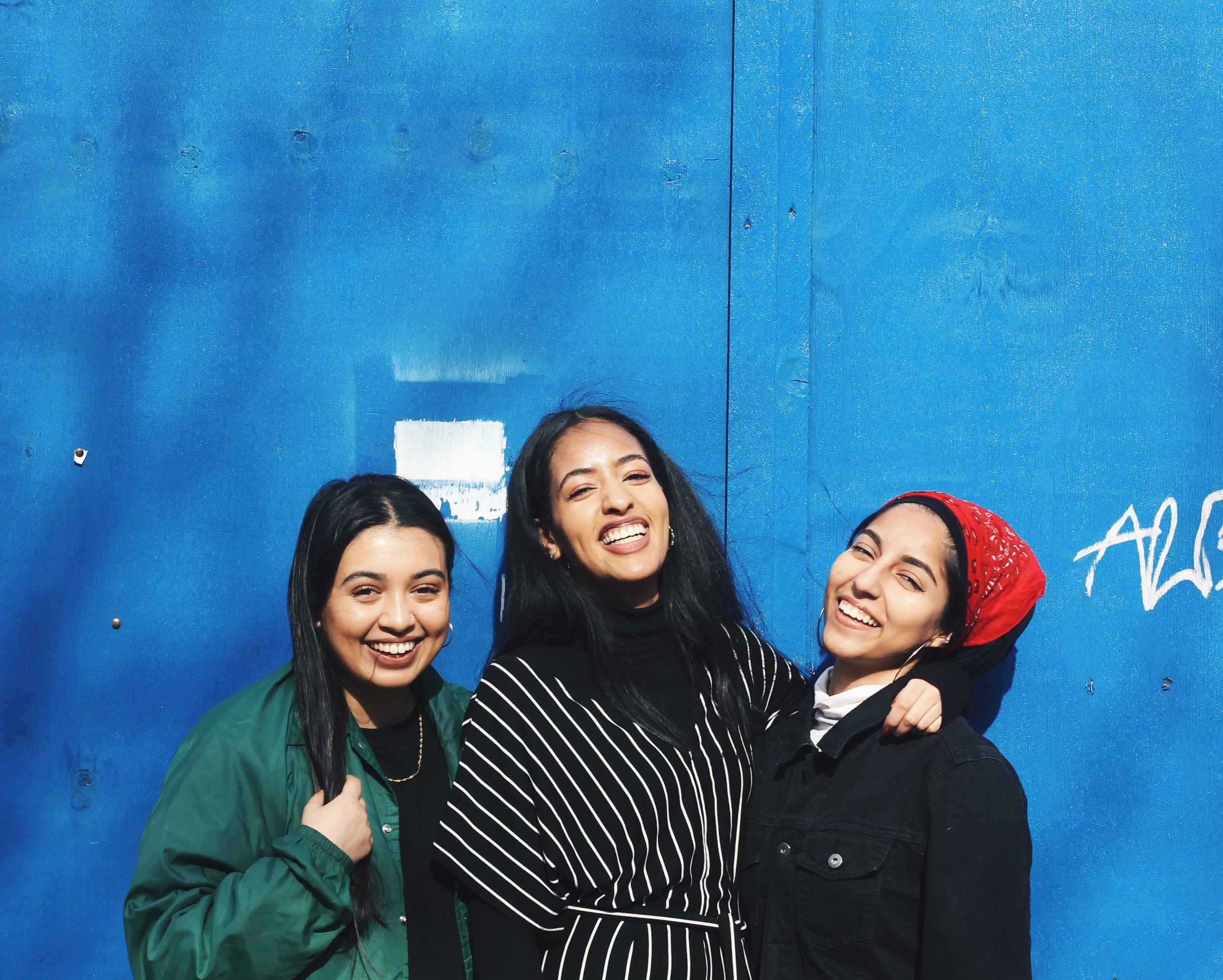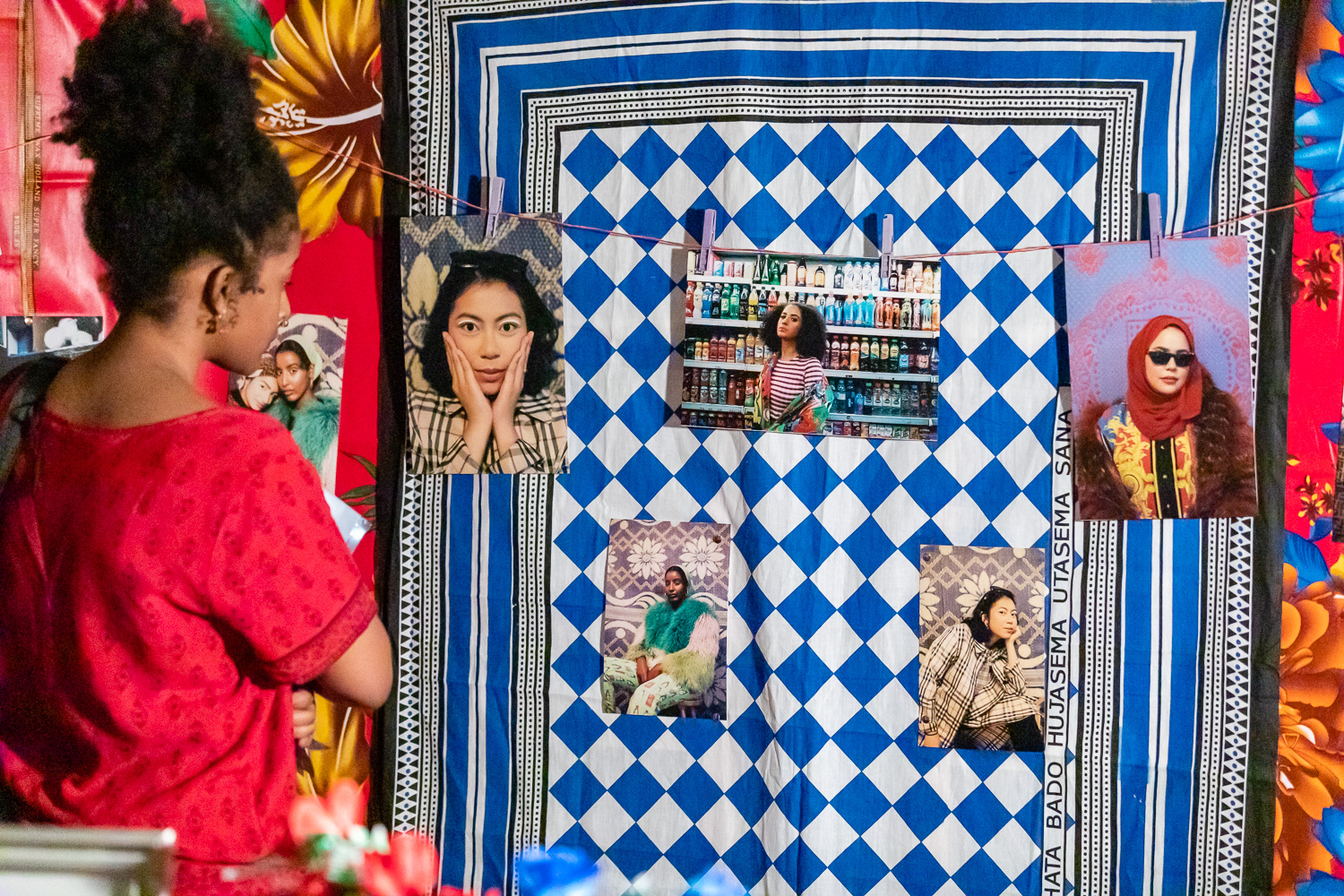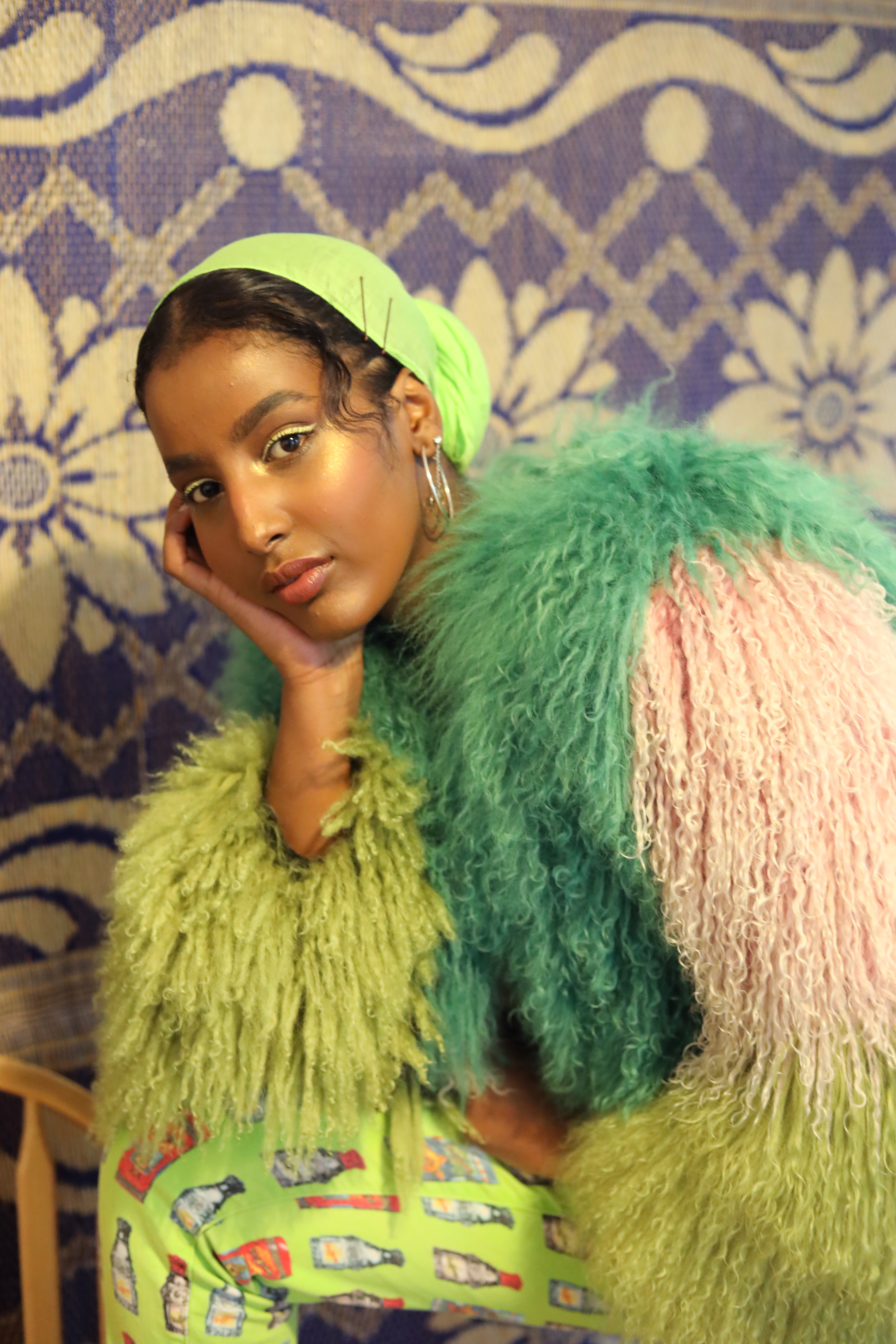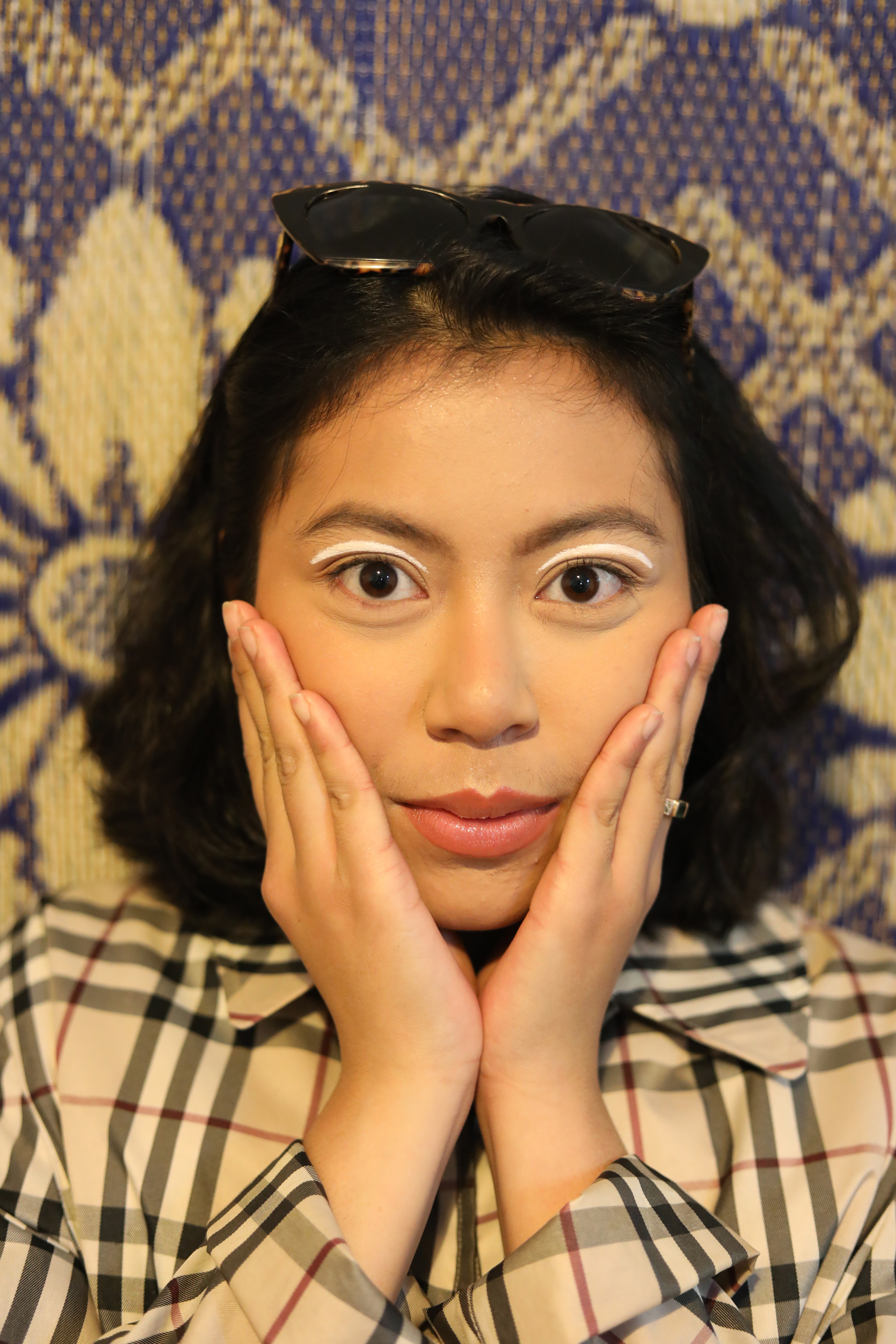Tahmina Begum introduces Muslim Sisterhood, a photography project capturing Muslim girls and women in the UK

Zeinab, Sara & Lamisa, founders of Muslim Sisterhood
As I scroll through Muslim Sisterhood’s Instagram account, the first question that comes to mind is “what have we all be doing all this time?”. By “we all”, I mean mainstream media outlets and magazines that can choose to have a variety of women and non-binary faces across their pages. Yet it’s been the work of Zeinab Saleh, Sara Gulamali and Lamisa Khan that’s allowed us to see a range of Muslim women the minute we log into Instagram.
The DIY photography series, which chronicles the breadth of Muslim girls and women in the UK, began when Lamisa Khan was working at Amaliah, a platform for millennial Muslim women, and wished to see “normal Muslim girls who aren’t bloggers, fashionistas or British Bake-Off winners” represented as well. Inspired by the way Saleh incorporated her faith with her art and Gulamali’s campaign with Variant Space where the women were “unapologetically Muslim” (and decked out in Adidas of course), Khan approached Saleh and Gulamali and only a few months later and a few Muslim Sisterhood photography exhibitions down, they are already alumnus of V&A’s Friday Lates.

Muslim Sisterhood at V&A Friday Late
Starting off as an Instagram account, Muslim Sisterhood’s following went from zero to over a thousand followers in just two weeks. Khan recollects that “we really didn’t expect it to be such a big deal but because Instagram is such an accessible and widely used platform, it’s a free place to exhibit and share work, it means that we can reach Muslim women on an international scale.”
For those who are bored by the conversation of diversity, you are either most likely already seen as the norm or you’re exhausted from constantly asking for it. Co-creator of Muslim Sisterhood Sara Gulamali explained the importance of platforms like Muslim Sisterhood is so not only are Muslim girls celebrated for once (and their representation is also shaped by Muslim women who come from a place of understanding) but that images like these are relatable.
Billions of Muslim continue to be generalised in the West and the consequence of this is the toxic stereotypes. From being terrorists to being uneducated, poor, a refugee or simply old-fashioned, Muslim women are typecast as having no agency. They are shown in only a handful of ways, resulting in those growing up Muslim questioning if they are 'Muslim enough’. “Therefore by showing the multiplicity of Muslim women,” Gulamali adds, “this helps rid any misconception of what a ‘normal’ Muslim girl looks like because that image simply does not exist.”
But Muslim Sisterhood is not just portraits of pretty Muslim women, it’s also tackling issues within the Muslim communities. One of them being anti-blackness, which prevails through many Muslim communities, both international and national. With only 10% of Muslims in the UK coming from a black background, co-founder Zeinab Saleh explained tackling these problems was crucial as the series was “made for us by us and why it’s important for us to raise these important issues that impact our Ummah (community)”.

Model: Amaal Ali / Photography: Zeinab Saleh / Stylist: Lucy Savage / Make-up: Maha and Hala / image belongs to Muslim Sisterhood
“We celebrate women from all different backgrounds and also recognise colourism as a problem within our community. We don’t want to reproduce the same toxic Western beauty ideals so we constantly check ourselves and make sure we bring awareness to the conversation” explains Saleh. An example of this was when the founders went on the Islamic channel, a TV network that is broadcasted internationally, and brought up the topic of anti-blackness to an older generation of Muslims who often hold these views. In other words, to speak outside the echo chamber.
When asking the three curators what they have learned about Muslim women and people in general, Lamisa Khan simply said: “I think our community can often be quite divided because of racial and cultural sectarian differences. It’s just been so refreshing to meet women who understand where you're coming from.” The feeling is clearly mutual, as Muslim Sisterhood’s engaging supporters have meant the trio have been able to not only been able to capture the throng of different Muslim women but also to show at We Are Here UK at the London School of Economics to mark 100 years of partial suffrage and celebrate what it means to be a British BAME woman in 2018.
In the latest V&A’s Friday Late, Muslim Sisterhood collaborated with The Savage Sister Vintage in order to exhibit exclusive photographs from the project, and did I mention, their photography has been used to illustrate Mariam Khan’s awaited book It's Not About the Burqa: Muslim Women on Faith, Feminism, Sexuality and Race, set to be released in 2019? Muslim Sisterhood are putting in the work for what we all benefit from and want to see: more diversity within diversity around Muslim women, please.

Model: Yasmin Moeladi / Photography: Zeinab Saleh / Stylist: Lucy Savage / Make-up: Maha and Hala / all images belong to Muslim Sisterhood
